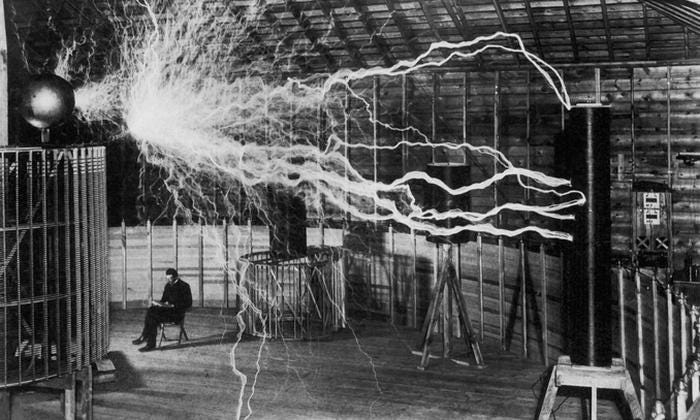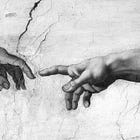On Fact, Knowledge, and the Definition of Empiricism
an Addendum to: On Theory, Knowledge, and the Meaning of Metaphysics
1 | On Empirical Knowledge
ἐν | en: in
πεῖρα | peira: experiment
Empirical: by trial (and error); via testing and experimentation
Thinkers invested in dogmatic philosophies will tend to misread (whether with or without intention) the logic of empirical theory. They begin with the presupposition that empiricists necessarily make the claim that all knowledge is constituted by sense-data. This, however, is not our assertion—after all, the claim which we make as empirical philosophers is not that:
All knowledge isconstitutedbysense-data.
But rather instead, that:
All knowledge is derived from sense-data.
The empiricist does not make the claim that the scope of all knowledge is limited to or reducible to simple sense-data, but instead that all knowledge—if not directly acquired by means of the senses—must have at some point in the past been otherwise indirectly derived from data… which had been in turn directly acquired by means of the senses.
In our world of subjective fiction—our world of human facticity—there can be either dogmatic or empirical fiction: either metaphysical or physical information. The difference between these two forms of “truth” is that only the empirical can be considered to constitute “knowledge”—only the observed truth can constitute a confirmed truth, and only the observable truth can constitute a confirmable truth. After all:
How could one discover the reality of something which has never-before been observed?
The answer is—obviously—that you must go out and observe it.
But, then:
How could one discover the reality of something which cannot be observed?
The answer is—obviously—that you can’t.
A claim, after all, that is only theoretically confirmed is a claim which any sane person would consider to be not (or, at least, not-yet) confirmed. We would—as sane, rational people—consider this claim to be actually confirmed only after the veracity of the claim has itself been proven. Confirmation, then—in this sense—is quite literally constituted by the act of empirical observation.
2 | Conclusions
All knowledge is a Posteriori—located posterior to experience. It’s incoherent to claim that we—as human beings—can know any truth which precedes experience; after all, it is the case that knowledge (to the best of our knowledge) can only ever be derived from experience.







What does this mean to the field of mathematics? It seems to me that mathematics would be a non-empirical fiction that simply conforms to our desires for probable forecasting within acceptable amounts of error but may have no bearing on a "real" world.
Evolution is heterosexual.